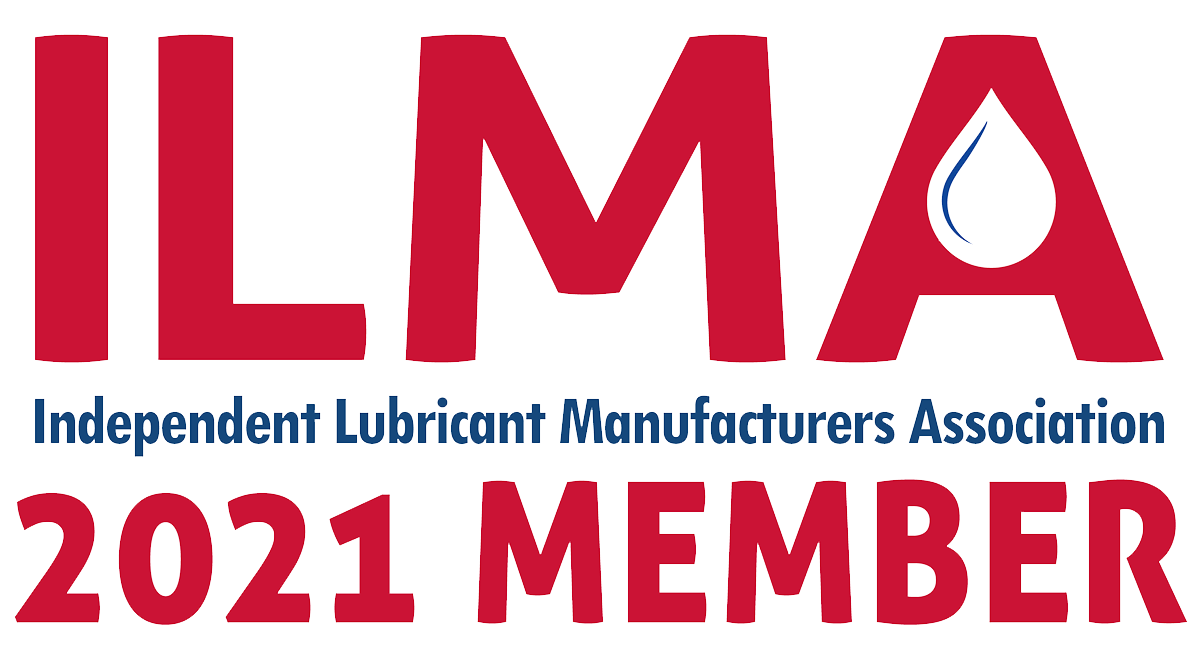The American Petroleum Institute (API), along with other oil and natural gas industry organizations, are advising oil and gas industry professionals prepare for the upcoming Atlantic hurricane season.
Hurricane season, which will officially begin on June 1, can severely impact the oil and natural gas industry. The gulf coast region often finds itself in the path of major storms like hurricane Harvey, which hit Houston in 2017, causing $125 billion in damages and killing 68. The region, which includes Louisiana, Mississippi, Alabama and Texas, is also a hotbed for oil and natural gas, accounting for more than 50 percent of the U.S.’s refining capacity, according to the API.
“To prepare and respond to weather events, API works with federal, state, and local first responders and government officials to help promote safety and restore normal operations following a storm,” Suzanne Lemieux, API Midstream and Industry Operations Manager, said. “Our industry has developed innovations, technology and knowledge from past big-weather events that has better prepared the industry to withstand future storms.”
The API partnered with organizations like the Petroleum Marketer’s Association of America, American Fuel and Petrochemical Manufacturers and American Gas Association, as well as local and federal authorities to raise awareness and provide hurricane readiness materials.




